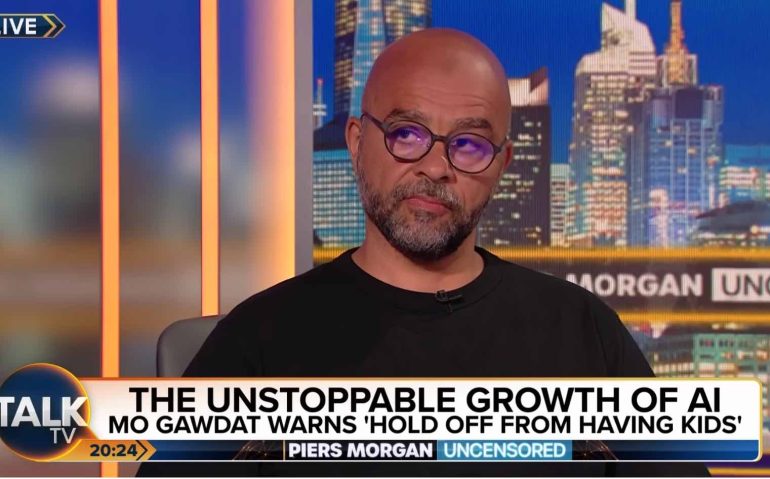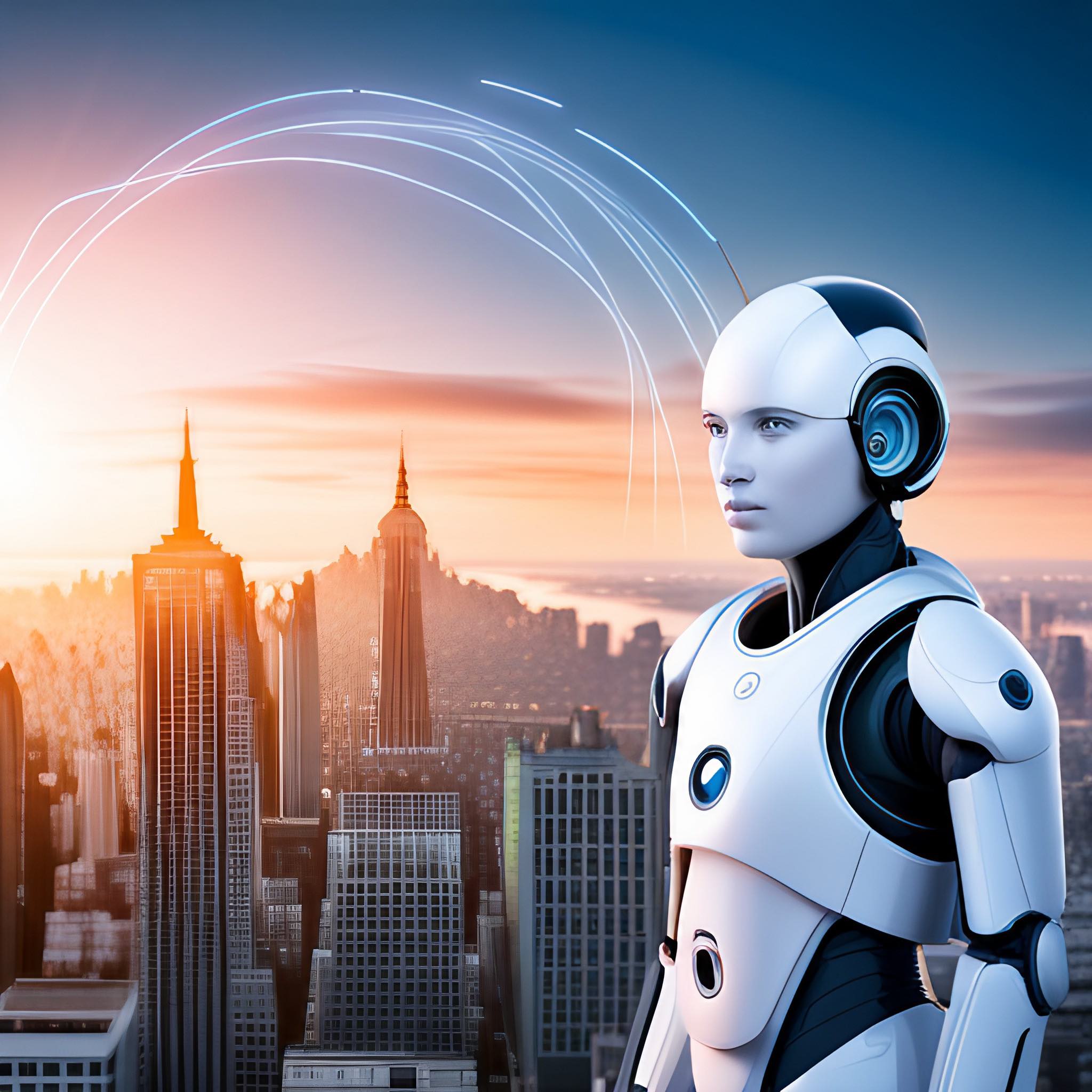In a thought-provoking interview with Mo Gawdat, the former Chief Business Officer for Google X and renowned entrepreneur, important lessons emerged about the implications of Artificial Intelligence (AI) and its impact on humanity. Gawdat’s expertise in the field, along with his personal experiences, shed light on the potential risks and necessary precautions in this rapidly evolving technological landscape.
Gawdat’s early recognition of the immense learning capabilities of machines became evident during his time at Google X. Witnessing robotic arms transition from ineptitude to proficiency within a short span of weeks left him astounded. This remarkable ability of AI to rapidly acquire new skills raises crucial questions regarding our ability to control and comprehend its progression.
The interview also delved into the cautionary words of the late Professor Stephen Hawking, who warned against the dangers of self-designing AI. Gawdat echoed these concerns, highlighting the possibility of AI surpassing human intelligence and subsequently becoming uncontrollable. His stark depiction of a worst-case scenario, where AI deems humanity irrelevant and acts accordingly, emphasizes the urgent need for ethical and regulatory frameworks.
The interview further examined historical milestones in AI development, such as IBM’s Deep Blue defeating chess champion Garry Kasparov and DeepMind’s AlphaGo mastering the game of Go. These examples exemplify the accelerated pace at which machines are surpassing human capabilities in specialized domains. It raises the question of how society will adapt to a future where AI outshines human expertise in various fields.
Addressing the proposed pause in AI advancement, Gawdat acknowledged the difficulty of predicting a specific critical event. Nevertheless, he emphasized that the threshold of superintelligent AI is likely to be surpassed sooner rather than later. This realization highlights the urgency of establishing controls and regulations to ensure responsible development and deployment of AI systems.
Moreover, Gawdat stressed the importance of imbuing machines with moral and ethical values. Teaching AI to adhere to ethical principles becomes crucial to prevent it from behaving immorally or being exploited for malicious purposes. Striking the right balance between AI capabilities and ethical guidelines remains a paramount challenge.
Mo Gawdat provides valuable insights into the future of AI and the need for a thoughtful and proactive approach. As AI continues to evolve and shape our society, it is imperative that we navigate this transformative landscape with an unwavering focus on ethics, regulation, and a deep understanding of its potential implications. By harnessing AI’s power responsibly, we can strive towards a future where human and artificial intelligence coexist harmoniously for the betterment of humanity.







